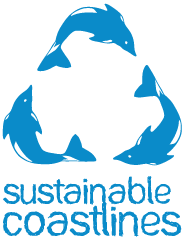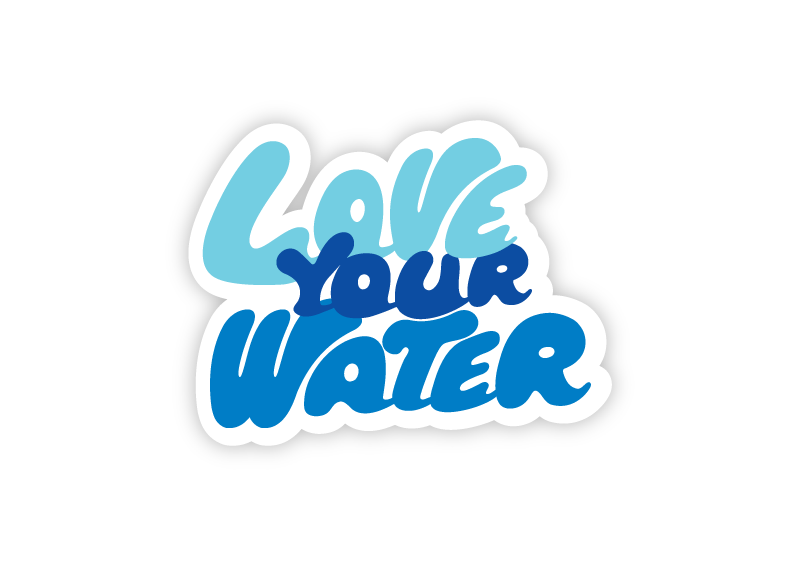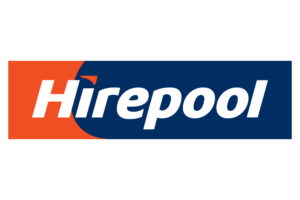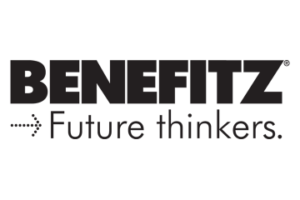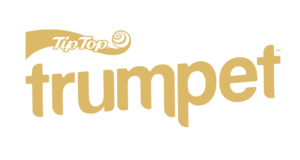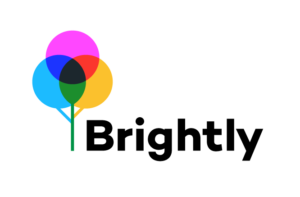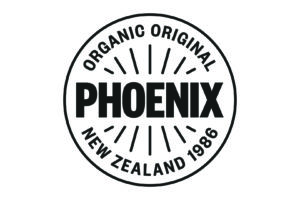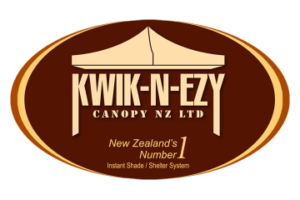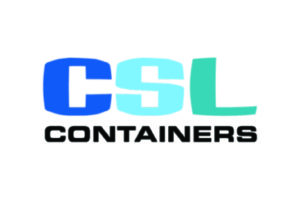In March 2023, we announced our goal to see 60% less litter on the coastlines of Aotearoa New Zealand by 2030. It’s an ambitious goal that requires the whole team’s dedicated focus, through stakeholder engagement, leveraging our partnerships, and really getting our solutions-focused Litter Intelligence platform cranking.
This need for a laser focus meant that we made the difficult decision to no longer run Love Your Water, our riparian planting programme. And when we say it was a difficult decision, we’re not kidding. Our planting days were amazing and impactful, and the feedback we received from volunteers and stakeholders over the years told us that they felt the same.
We also love the kaupapa — planting trees to provide habitats for our wildlife, reduce erosion, sequester carbon and improve water quality before it reaches the sea. However, we decided that the impact we can make as a charity by sharpening our focus and going back to our roots is too important an opportunity to pass up.
Love Your Water is a big part of our history at Sustainable Coastlines, so we would like to dedicate some space to celebrating its impact, its story, and the wonderful people involved.
